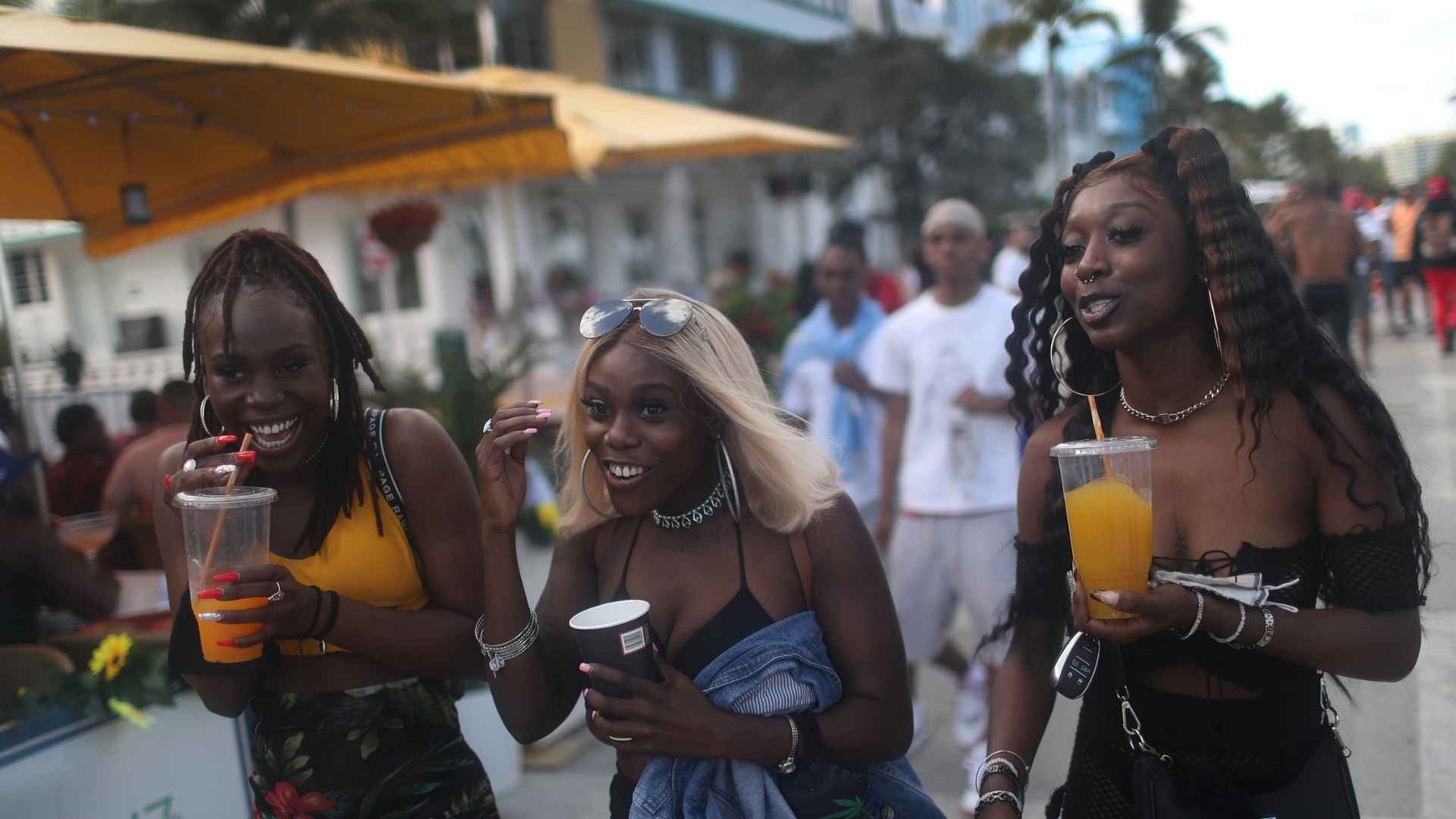Commission vote could swap clandestine booze vendors for age-checked kiosks and fresh city revenue. Under the proposal, legal wine, beer and champagne could flow from Lummus Park to 21st Street for 12 months, but only between 11 a.m. and 6 p.m. Residents and tourists alike would see stricter ID checks and more visible security, while Miami Beach pockets up to 30 percent of every sale.
Proposed alcohol kiosks aim to curb illegal sales and enhance visitor safety measures. In fact, city officials say the plan is less about partying and more about public order. Unlicensed vendors already hawk coolers of mystery cocktails, leaving police to break up rowdy crowds and confiscate bottles. By introducing staffed kiosks—each tied to a single operator—the commission hopes to channel demand into a safer, traceable system.
Pilot program outlines strict vendor rules, revenue sharing, and limited service hours for compliance
Curious how the pilot would actually work? The city has sketched out guardrails it says will keep the beach family-friendly.
- Valid, government-issued ID required for every customer.
- Service limited to wine, beer and champagne; no spirits allowed.
- Operating window fixed from 11 a.m. to 6 p.m., seven days a week.
- Each kiosk must display clear signage and pricing.
- Off-duty police and private guards stationed nearby.
Officials also released a snapshot of key program numbers, shown below.
| Trial zone | Daily service window | Operator | City revenue share |
|---|---|---|---|
| Lummus Park–21st St | 11 a.m.–6 p.m. | Boucher Brothers | Up to 30 % |
City staff estimate the arrangement could funnel roughly $250,000 back into municipal coffers during the one-year test, covering enforcement costs and beach maintenance.
Mixed reactions reflect balance between economic boost and preserving Miami Beach community vibe
Nevertheless, some residents worry the move could tarnish Miami Beach’s family image. Commissioner Tanya Katzoff Bhatt argued the kiosks might invite more drinking than they prevent. Supporters counter that controlled sales beat the current free-for-all. So, will the promise of added security and revenue outweigh reputational risks?
The commission is expected to vote once contract language with Boucher Brothers is finalized and local ordinances are updated. If the pilot passes, kiosks could appear as early as the start of the next tourist season. Until then, beachgoers will have to wait—and maybe weigh in—on whether this controlled sip is worth the plunge.

